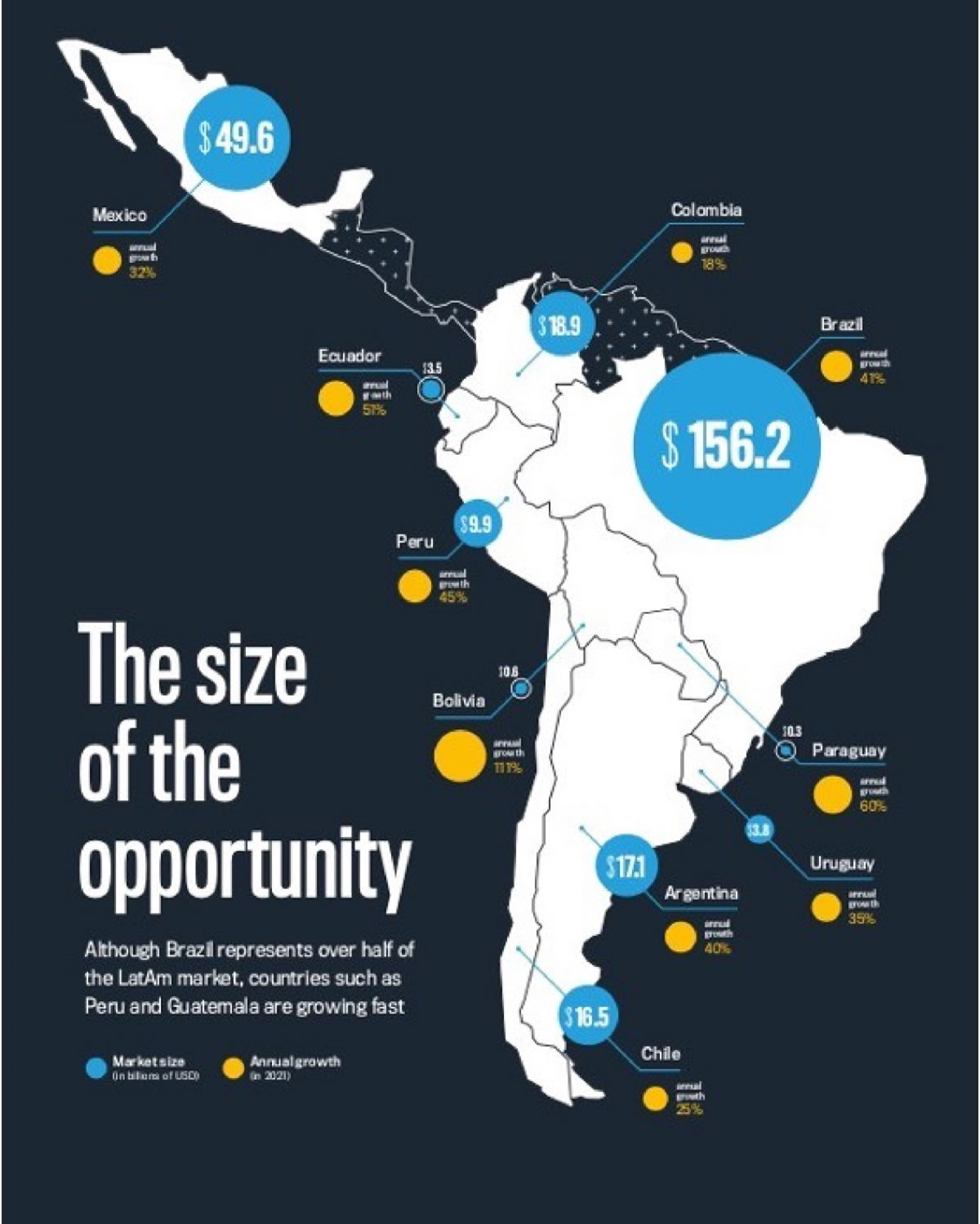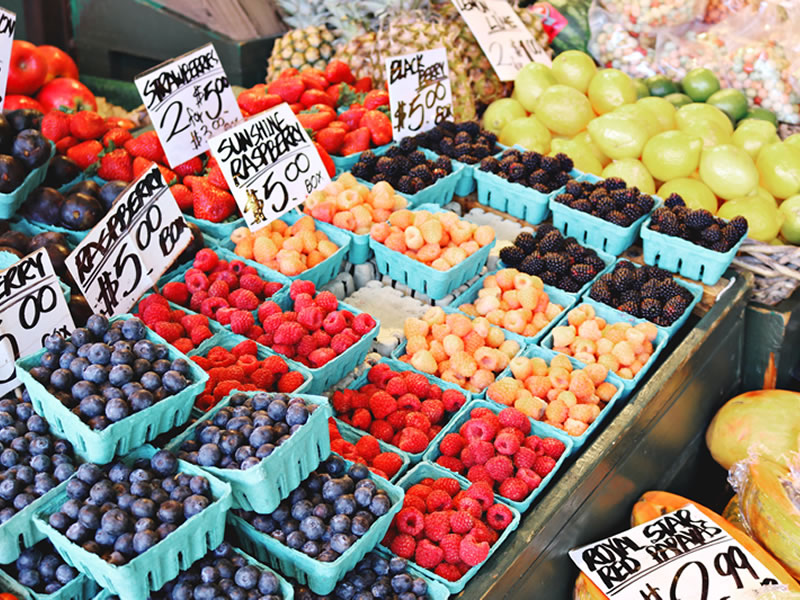The Mercado Livre Phenomenon:
In 1999, Mercado Livre emerged, in November 2002, Mercado Livre acquired some strategic assets from Lokau.com, a competing Brazilian business platform, incorporating all registered users of this site into its platform.
At the same month, it was time to acquire some operations from a regional competitor, DeRemate.com Inc. (Arremate, in Brazil), including all its operations in Brazil, Colombia, Ecuador, Mexico, Peru, Uruguay and Venezuela. In August 2007, it held its initial public offering of shares on Nasdaq. On February 22, 2008, Mercado Livre acquired 100% of CMG (Classified Media Group, Inc.).
In addition to its subsidiaries, which operated as an online classifieds platform, mainly dedicated to the sale of automobiles through the website www.tucarro.com in Venezuela, Colombia and Puerto Rico; and real estate in Venezuela, Colombia, Panama, the United States, Costa Rica and the Canary Islands.
In 2003, Mercado Livre created Mercado Pago, which is its privet payment solution.
On January 15, 2013, the company announced MercadoLibre Envios — the company’s logistics service. In the following years, it focused on buying startups in the logistics sector, such as Axado, in 2016, and Kangu, in 2020Also in 2020, it announced that it would have its own fleet of planes, Meli Air.
In the second quarter of 2021, the company experienced a strong growth. In total, the company highlights, the sales volume on its platform reached US$ 7 billion (an increase of 46% in the annual comparison) – and the net revenue reached US$ 1.7 billion (up 102.6%).
The Renovated B2W:
Despite being one of the largest e-commerce companies in Brazil, B2W is not a well-known name to the general public. This is because the company is actually a holding company that contains other digital retail giants: Lojas Americanas, Submarino and Shoptime. These brands are much better known. Especially Lojas Americanas, the largest company in the merger which took place in 2006.
B2W was one of the first Brazilian e-commerce companies that was born from the merger of other ventures, that were already digital. Although Lojas Americanas were a relevant player in physical retail, Submarino and Shoptime are always native companies of digital commerce.
As mentioned above, B2W was born in 2006. The controlling interest in the company belongs to Lojas Americanas, while 40% of the shares are traded on the Stock Exchange under the ticker BTOW3. It is estimated that the company’s market value today has already exceeded BRL 55 billion, considering the assets of its entire portfolio.
The company’s total sales (GMV) was R$ 9.18 billion from October to December last year, which represents a growth of 38.2% in the annual comparison. As a result, B2W saw its net revenue rise by 50%, to R$3.33 billion.
Adjusted Ebitda (earnings before interest, taxes, depreciation and amortization) was BRL 385.7 million in the period, up 51.7% from October to December 2019.
Owner of Americanas.com and Submarino websites, B2W reported that it had an active customer base of 21.4 million at the end of December, 5.4 million more than in the previous year. In its balance sheet, the company stressed that it had several initiatives to expand the product portfolio and create more sales recurrence, including the purchase of Supermercado Now.
The New Carrefour Marketplace:
For a decade to now, we have been following the growing share of online commerce in retail, which, in the last two years, due to the pandemic, has accelerated even faster, reaching the highest historical level of ecommerce sales, breaking the record of 53 billion invoiced (source Edit/Nielsen Web-shoppers).
In 2016, Grupo Carrefour Brasil started its operations in the digital world as well. The brand that is consolidated in the country with its numerous physical operations through the networks of hypermarkets, drugstores, gas stations, banks and other formats, started to offer the site as another modality of serving its customers.
Since then, e-commerce has gained more representation each year, relying on the strength of the brand to bring more traffic to the site and also taking advantage of its high rate of repeat purchases in food retail to retain its customers.
In other words, Carrefour’s Marketplace has been growing and increasingly participating in the group’s ecommerce sales share.
Vtex – The Brazilian Unicorn:
SAO PAULO (Reuters) – VTEX soared more than 30% in its debut on the New York Stock Exchange, with the Brazilian group predicting that Latin America will be a leader in the next stages of e-commerce.
The latest Brazilian company to access US stock exchanges, after the likes of XP, PagSeguro (NYSE:PAGS) and Stone (NASDAQ:STNE), VTEX was priced at $19 per share, above the IPO’s estimated range of 15 to 17 dollars, raising US 361 million.
That gave it a valuation of $4.7 billion, and it climbed even higher in the middle of 2021, with the stock up 24% to $23.60 a share, after having climbed more than 30 %.
The Marketplaces are booming in Brazil!


